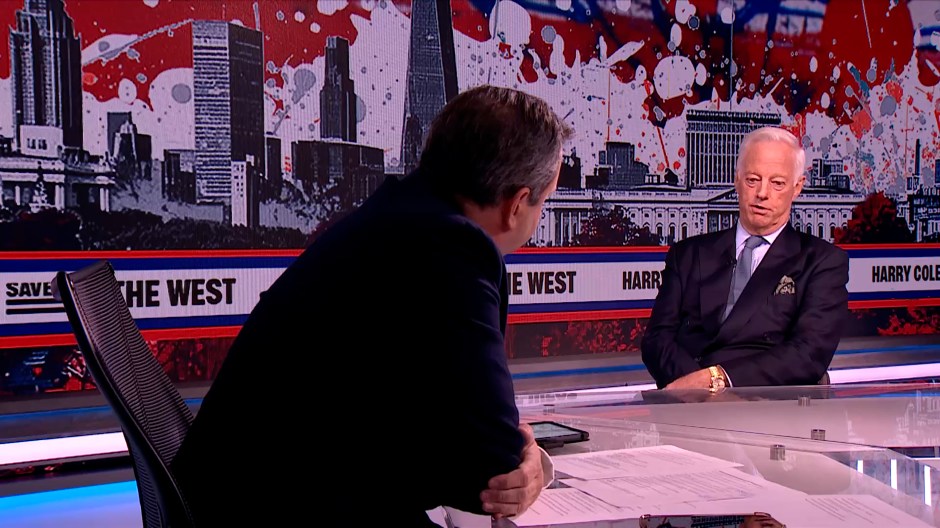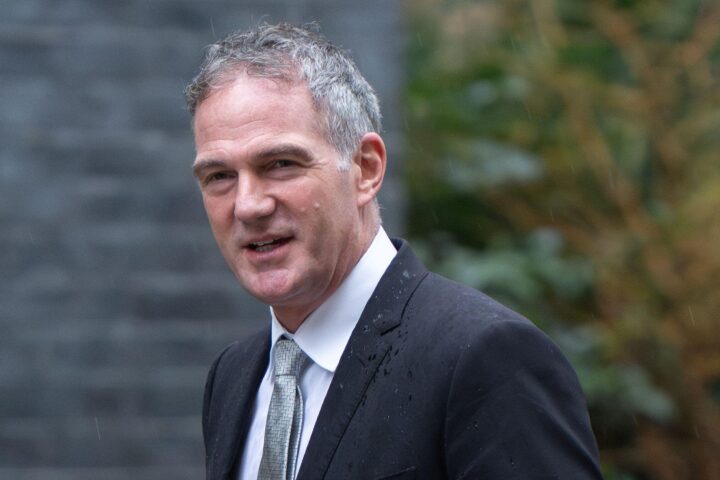On the centenary of Margaret Thatcher’s birth, her son, Sir Mark Thatcher, affirmed that his mother would have voted for Brexit, countering allegations that the UK’s first female Prime Minister would have opted to remain in the European Union, reports BritPanorama.
In an interview marking the occasion, Sir Mark made his first comments since his mother’s passing in 2013, declaring, “Yes, in my estimate,” when asked if Thatcher would have been a Brexiteer. He acknowledged her complicated relationship with the EU, stating that while she supported it as an economic community, her enthusiasm waned as it evolved into a political union.
These remarks contradict assertions made by Charles Powell, Thatcher’s long-time foreign policy adviser, who infamously claimed during the 2016 Brexit referendum that she would have opposed leaving the EU. Powell stated, “She would never have backed Brexit. She’s far too sensible for that,” arguing she would have supported reforms proposed by then-Prime Minister David Cameron.
In his retort, Sir Mark asserted that Thatcher would have weighed the potential loss of economic benefits against regaining sovereignty over Parliament and control of the UK’s political and financial affairs. He emphasized that his mother was opposed to large and unwieldy governmental structures and believed deeply in the supremacy of the UK Parliament over EU governance.
Thatcher’s Historical Context
Margaret Thatcher, known for her radical right-wing policies termed “Thatcherism,” played a pivotal role in global politics during her tenure as Prime Minister from 1979 to 1990. Her support for Ronald Reagan’s hard-line policies against the Soviet Union during the Cold War was aimed at curtailing the spread of Communism across Europe.
Thatcher also fiercely criticized the UK’s financial contributions to the European Economic Community, negotiating a rebate that benefited the country until the early 2000s. Her leadership was notably characterized by her decisive response to the Falklands invasion in 1982, which bolstered her popularity following Britain’s military victory.
The Prime Minister’s tenure was often marked by the tumultuous issues surrounding Northern Ireland, notably exemplified by an assassination attempt on her life during the Brighton hotel bombing in 1984. Thatcher passed away on April 8, 2013, at the age of 87, while residing at the Ritz Hotel.















